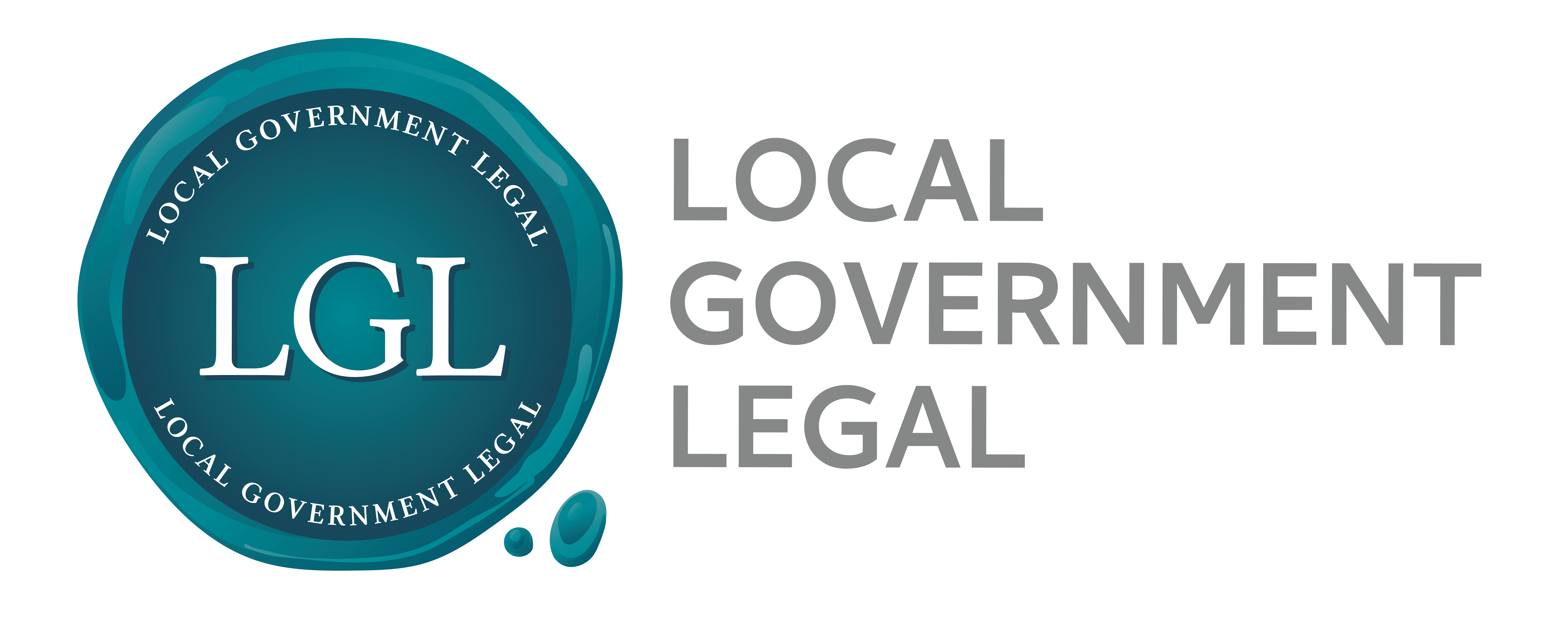In the case of Kogarah City Council v El Khouri [2014] NSWLEC 196, Chief Judge Preston of the Land and Environment Court dismissed an appeal by the Council against the order by a Local Court Magistrate that the Council pay the professional costs of the two defendants.
The case involved a prosecution brought by the Council under the Environmental Planning & Assessment Act 1979 concerning removal of 6 trees. The Local Court Magistrate found that the Council had failed to prove an element of the offence, namely that there was no development consent or permit authorising the cutting down of the trees.
There is, however, a limit on the award of professional costs to an accused person against a prosecutor acting in a public capacity in s 214 of the Criminal Procedure Act. This provides:
(1) Professional costs are not to be awarded in favour of an accused person in summary proceedings unless the court is satisfied as to any one or more of the following:
(a) that the investigation into the alleged offence was conducted in an unreasonable or improper manner,
(b) that the proceedings were initiated without reasonable cause or in bad faith or were conducted by the prosecutor in an improper manner,
(c) that the prosecutor unreasonably failed to investigate (or to investigate properly) any relevant matter of which it was aware or ought reasonably to have been aware and which suggested either that the accused person might not be guilty or that, for any other reason, the proceedings should not have been brought,
(d) that, because of other exceptional circumstances relating to the conduct of the proceedings by the prosecutor, it is just and reasonable to award professional costs.
The Magistrate agreed that the failure of the prosecutor to adduce evidence dealing with a very clear element of the offence was an exceptional circumstance relating to the conduct of the proceedings by the prosecutor.
The Council’s primary ground of appeal was that the Magistrate misdirected herself as to the test to be applied under s214(1) and otherwise misinterpreted s214(1). Preston CJ’s judgment included consideration of what are “exceptional circumstances” and when is it “just and reasonable” to award profession costs. The Judgment included the following reasoning:
“… the Magistrate did explain why this conduct of the prosecutor in failing to adduce evidence to prove the element of the offence was an exceptional circumstance. She did so by reference to the fundamental duty of the prosecutor to adduce sufficient evidence of the offence. The Magistrate explained that it is a serious responsibility for a local council to prosecute serious environmental offences which carry significant penalties. … ”
This case serves as a reminder to councils, and their legal advisors, that undertaking a prosecution is a serious responsibility which requires thorough and detailed preparation in order to discharge the fundamental prosecutorial duty to adduce evidence proving each of the elements of the offence.
Note: This information is not to be relied upon as legal advice.
